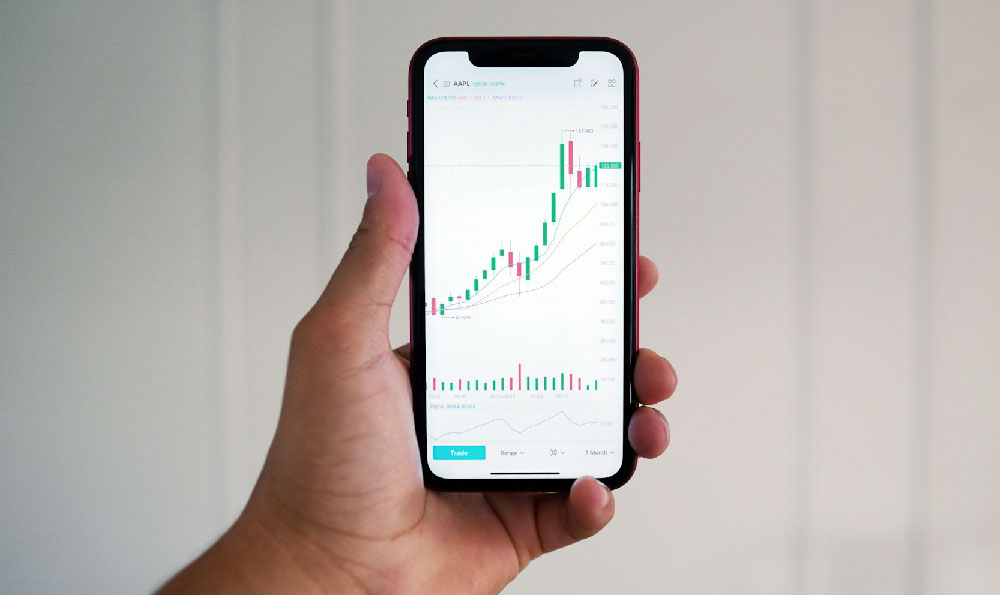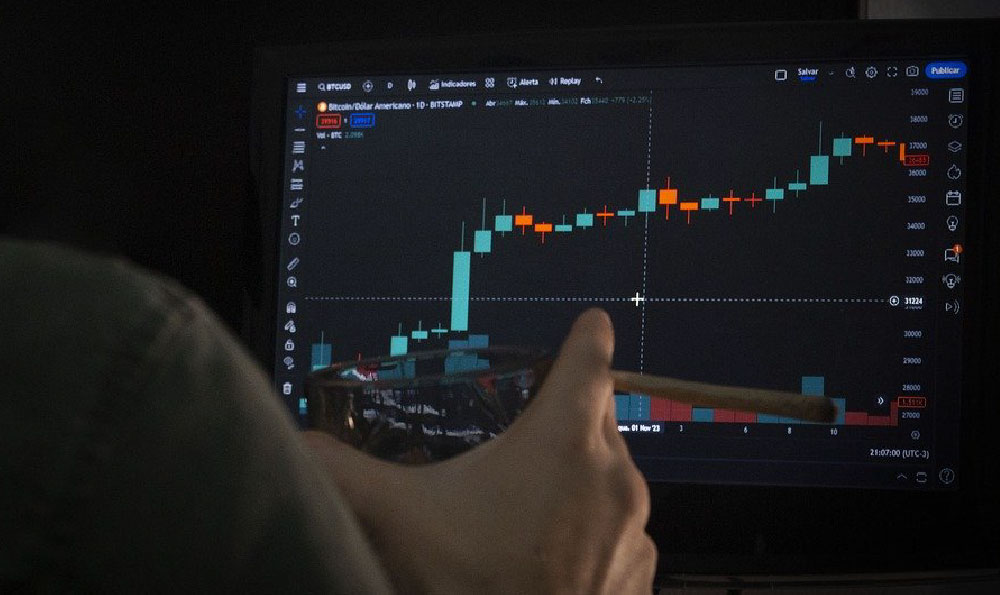How Dean and Sam Earn Money in Supernatural Show
In the Supernatural universe, the Winchester brothers, Dean and Sam, navigate a life filled with supernatural threats, constant travel, and the burden of their father's legacy. While their primary occupation as hunters is driven by a mission to protect humanity from evil forces, the financial aspects of their journey are equally complex and often reflect the realities of managing a high-risk, high-reward lifestyle. Their ability to sustain themselves financially is not only a testament to their resourcefulness but also offers insights into unconventional wealth generation in a world where traditional jobs are secondary to their supernatural duties. The brothers’ methods of earning money illustrate a blend of strategic planning, adaptability, and a deep understanding of both the tangible and intangible value of their work.
One of the most visible and recurring sources of income for Dean and Sam is their work as hunters, where they accept contracts to eliminate specific supernatural entities. These contracts are often negotiated directly with victims or law enforcement agencies, who may offer compensation for the removal of threats such as ghosts, vampires, or demons. While this income is necessary for their survival, it is also inherently unstable due to the unpredictable nature of their work. A hunter's job can last for days or weeks, and the payment varies widely depending on the complexity of the case. For example, the elimination of a particularly dangerous demon might fetch a substantial sum, while dealing with a minor poltergeist might yield minimal rewards. This variable income requires the brothers to maintain a flexible financial strategy, ensuring that they can cover expenses without relying too heavily on any single payment. Their approach to this income often involves saving a portion of their earnings and using the rest to fund immediate needs, such as gas for their car, food, or repairs to their vehicle, which is frequently damaged by supernatural encounters.
Beyond their hunting income, the brothers also engage in other activities that generate financial resources. One such method is the sale of supernatural artifacts or items they acquire during their investigations. For instance, they have sold objects like monster hearts, cursed weapons, or ancient relics from various supernatural creatures, which can fetch high prices on the black market or through specialized collectors. These sales provide a sense of security, as they can be completed quickly and offer a more predictable profit. However, this strategy also carries risks, as these items may be valuable not just financially but also in terms of their power or curse, which could have unforeseen consequences if mishandled. The brothers must weigh the potential gains against the dangers of possessing such items, often demonstrating a cautious yet pragmatic mindset when deciding whether to sell or keep them.

Another significant source of income for the Winchesters comes from their father’s legacy, particularly through the inheritance of his property and belongings. After John Winchester’s death, the brothers inherit his house, which serves as a base of operations and a store for their supplies. While this inheritance provides long-term financial stability, it also becomes a target for others who seek to claim it, such as the demon Meg or other supernatural entities with vested interests. This situation highlights the importance of estate management and safeguarding assets, even in cases where the assets themselves are not liquid. The brothers’ decision to sell the house at some points in the series reflects their awareness of the risks associated with holding onto valuable property in a world where their lives are constantly under threat.
Additionally, the brothers have occasionally relied on external financial support, such as assistance from allies or their own personal savings. For example, they have received money from their mother’s inheritance, which helps them cover expenses during periods of financial strain. They have also accepted help from other characters, such as the angel Castiel, who may provide resources or financial backing for their missions. These instances demonstrate the value of building a network of trust and support, as relying solely on their own earnings can be unsustainable given the risks they face. However, the brothers must also be wary of accepting aid that could have hidden costs or consequences, as some supernatural entities may offer financial incentives with strings attached.
Furthermore, the Winchesters often encounter situations where they must use their resources creatively. For example, they have sold the souls of the dead to their father’s enemies, such as the demon Crowley, in exchange for survival. While these sales are morally ambiguous and come with ethical dilemmas, they highlight the extreme circumstances that can push individuals to make unconventional financial decisions. In such cases, the brothers must balance their pragmatism with their values, ensuring that their actions do not compromise their long-term goals or the integrity of their mission.
The brothers’ financial journey also reflects the broader theme of sacrifice and risk. Their pursuit of justice and protection often comes at the expense of their financial stability, as they may prioritize saving lives over securing their own. This mindset is evident in their willingness to spend large sums of money on weapons, vehicles, and medical treatments, even when such expenditures could leave them vulnerable to financial hardship. However, their ability to navigate these challenges suggests a deep understanding of the importance of financial preparedness in uncertain times. By maintaining a balance between immediate needs and long-term goals, Dean and Sam demonstrate how even in a world of chaos, careful financial management can be a key factor in survival.
In contrast to traditional financial strategies, the Winchesters’ approach to earning money is often reactive rather than proactive. They do not have a structured investment plan or a diversified portfolio, but their reliance on cash flow and immediate income provides a level of flexibility that is essential in their line of work. This model underscores the value of liquidity, as the ability to quickly access funds can be critical when facing emergencies or unexpected expenses. However, it also highlights the limitations of such an approach, as the absence of long-term investments can leave them vulnerable to financial instability.
Ultimately, the financial challenges faced by Dean and Sam in Supernatural offer a unique perspective on wealth generation and management. Their reliance on unconventional sources of income, combined with the necessity of maintaining liquidity and adaptability, reflects the realities of pursuing a high-risk profession. While their methods may not align with traditional financial wisdom, they serve as a reminder that in unpredictable environments, the ability to generate income through resourcefulness and courage is often as crucial as the ability to protect others. Their journey also emphasizes the importance of long-term planning, even in the face of immediate threats, as the brothers must constantly evaluate their financial strategies to ensure they can sustain their mission for years to come. By examining their financial choices, we can gain insights into the interplay between necessity, ethics, and practicality in wealth management, even outside the context of the supernatural.















